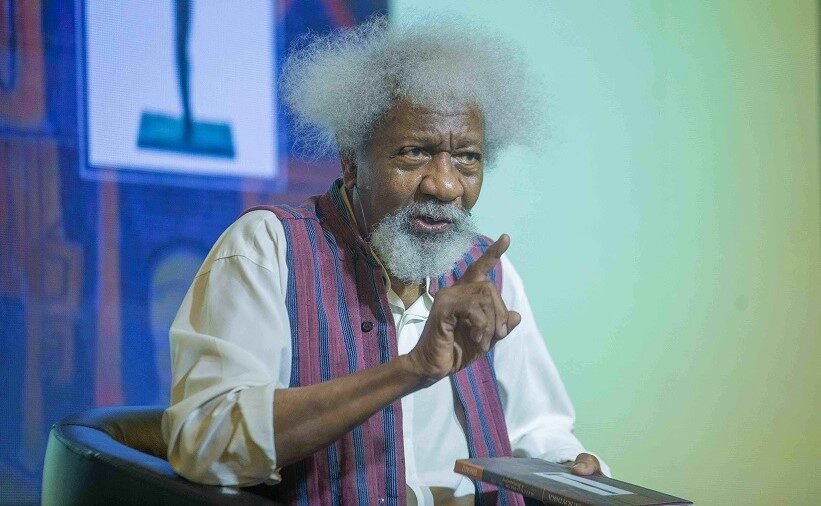THE United States Government has defended its decision to revoke the visa of Nobel laureate, Prof. Wole Soyinka, insisting that visas issued by the country are a privilege granted at the discretion of the U.S. authorities—not an entitlement.
The U.S. Consulate General in Lagos made the clarification on Thursday in an emailed response to an inquiry by this newspaper regarding Soyinka’s shocking disclosure that his B1/B2 visa had been revoked.
The award-winning literary icon, in a media parley held Tuesday at Freedom Park, Lagos, announced that his travel approval to the United States was withdrawn without prior warning, adding that the revocation was conveyed to him in a letter dated 23 October 2025.
However, responding to questions about the development, the Public Diplomacy Officer of the U.S. Department of State, US Consulate General in Lagos, Julia McKay, explained that visa privileges could be withdrawn anytime when circumstances warrant.
“Visas are a privilege, not a right,” McKay said. “Every country, including the United States, can determine who enters its borders. Visas may be revoked at any time at the discretion of the U.S. government. Under U.S. law, visa records are generally confidential. We will not discuss the details of this individual visa case.”
Soyinka, 91, who has been a vocal critic of U.S. politics and former president Donald Trump in recent years, expressed surprise, saying he could not recall committing any infraction that would justify such action.
“I have no visa; I am banned, obviously, from the United States,” he told journalists during the press briefing themed, “Unending Saga: Idi Amin in Whiteface.”
“If you want to see me, you know where to find me.”
He said he was still “searching through the past” to understand what may have triggered the action.
The professor recounted two minor incidents from decades ago that could, at best, be considered trivial: A $25 fine in Chicago for failing to declare green chilies on arrival and a confrontation with U.S. police in Atlanta over a racist hotel receptionist in the 1970s.
“These are the only two crimes I can consider myself guilty of,” he said humorously.
The revocation letter signed by the Non-Immigrant Visa (NIV) section stated that new information emerged after the visa issuance on April 2, 2024, leading to the withdrawal.
The Consulate also requested Soyinka to physically return the visa for cancellation, an instruction he jokingly asked the audience to “volunteer” to help with.
Soyinka, Africa’s first Nobel Prize laureate in Literature and a global human rights advocate, has lectured and lived in the United States for decades, holding several prestigious academic chairs.







